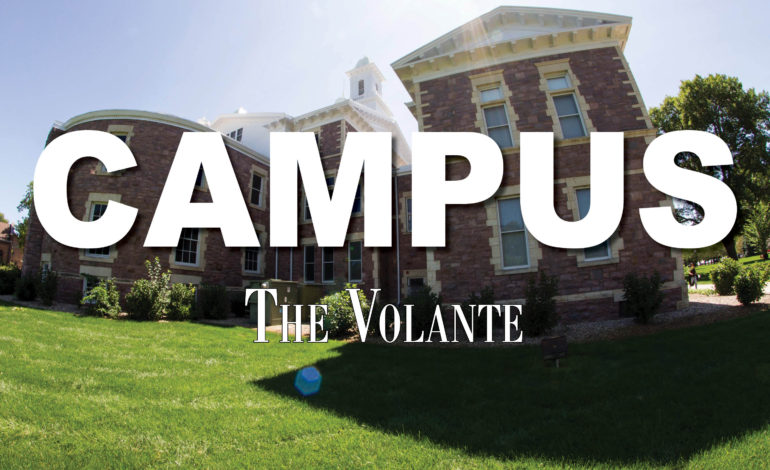
USD introduces neuroscience major and minor
USD offers biology and psychology programs for students to study the brain in different ways. This summer, USD introduced neuroscience as a new B.S. program that has combined the works of each department, as well as the School of Medicine.
Neuroscience has two specializations: cognitive or molecular and cellular. Offered as both a major and minor, the university began the process to add the program over a year ago. After seeing the requirements for the neuroscience undergraduate degree, Doug Peterson, Chair of the Department of Psychology, said they realized they were only a few courses away from being able to offer the degree.
“A group of people began working a little over a year ago to say, ‘if we have most of these puzzle pieces, can we put together a neuroscience degree?’” Peterson said.
Beginning in the spring, a new course for people interested in potentially becoming a neuroscience major or minor is called “Exploring Neuroscience.”
MORE: USD’s biomedical engineering partnership expands
All new program proposals are started with faculty within a department or departments. From there the dean’s office will evaluate the proposal and send it on to the university. The final evaluation of the proposal is by the Board of Regents, who approves or rejects the potential new program.
“It was maybe eight or 10 meetings,” Peterson said, “10 or 12 people at various points, mainly psychology, biology and basic biomedical sciences were the groups that got together and worked on this [program].”
New majors or minors are not the only changes made at USD. The school also added multiple new certificate programs, undergraduate specializations and graduate specializations.
Certificates are specializations that students can add to their transcripts. They are usually 9 to 12 credit hours in total and students do not need a specific major or minor to add on any of the certificates offered.
“There’s more and more areas that are having certificate programs which are basically 9 to 12 credit hours of some sort of concentration that is marketable,” Assistant Provost Elizabeth Freeburg said. “It actually prints on your transcript.”
USD Students can also influence on which programs are offered. Dudley said students can talk to their faculty and department leaders if they have ideas for potential programs or certificates.


